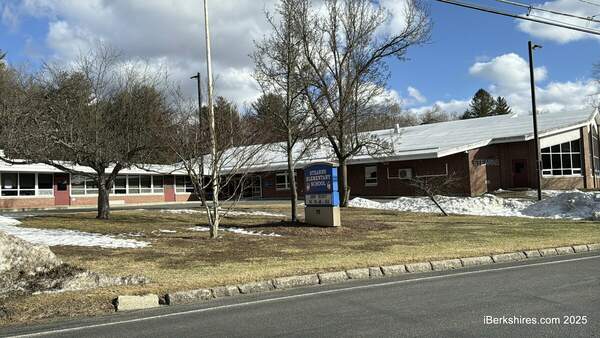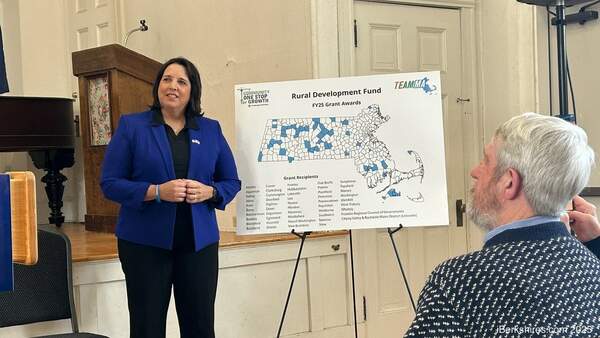National Grid Encourages Customers to Enroll in Heating Assistance Programs
WALTHAM, MA – As winter weather and colder temperatures persist, National Grid is reminding Massachusetts customers to take advantage of energy programs that can help them manage their energy bills.
The Low-Income Home Energy Assistance Program (LIHEAP), commonly referred to as Fuel Assistance, provides eligible households with help in paying a portion of winter heating bills. Enrollment for LIHEAP is free and open through April 30, 2024, and covers energy usage from Nov. 1, 2023, to April 30, 2024.
LIHEAP is open to both homeowners and renters, including households whose cost of heat is included in rent, and eligibility is based on household size and the gross annual income of every household member 18 or older. Household income cannot exceed 60 percent of estimated state median income. The program provides assistance through a fixed benefit amount for the cost of the primary source of heat, which includes, but is not limited to: electricity, oil, natural gas,
propane, kerosene, wood and coal.
To apply for LIHEAP:
For more information concerning LIHEAP:
National Grid recognizes winter bills can pose challenges for customers. National Grid’s Customer Savings Initiative is designed to help customers reduce their energy use and lower energy costs, manage their energy bills and payments, and help them secure available energy assistance .
Along with LIHEAP, National Grid has several programs dedicated to helping income-qualified families and customers needing special assistance meet their energy needs. Programs include but are not limited to:
-
Discount Rates where qualifying income-eligible customers may receive a discounted rate on electric and gas service, as well as no-cost energy efficiency upgrades.
-
The Massachusetts Good Neighbor Energy Fund is available to any Massachusetts residents who, because of temporary financial difficulty, cannot meet a month’s energy expense and is not eligible for state or federal energy assistance.
Several bill help options and payment plans are available for customers in need of assistance. Customers may enroll in programs such as the Budget Billing Plan, which spreads monthly payments out more evenly throughout the year to offset periods of high energy usage.
Tags: National Grid,















